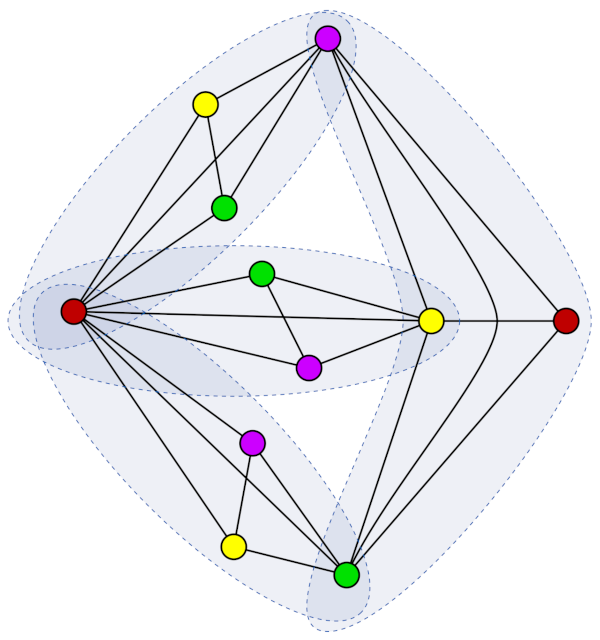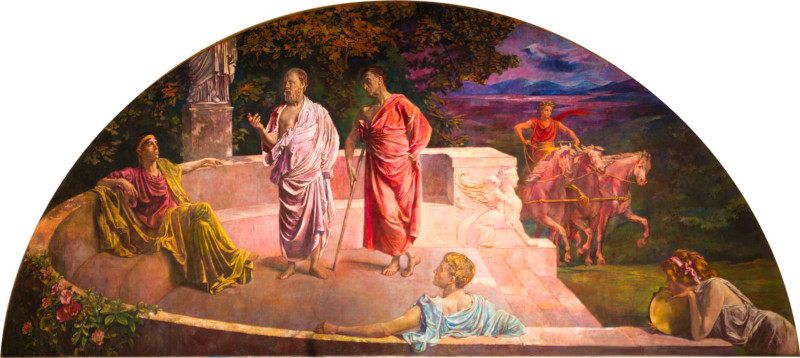
When I am going out for an evening I arrange the fire in my stove so that I do not fail to find a good one when I return, though it would have engaged my frequent attention present. So that, when I know I am to be at home, I sometimes make believe that I may go out, to save trouble. And this is the art of living, too, — to leave our life in a condition to go alone, and not to require a constant supervision. We will then sit down serenely to live, as by the side of a stove.
— Thoreau, Journal, Feb. 20, 1841





